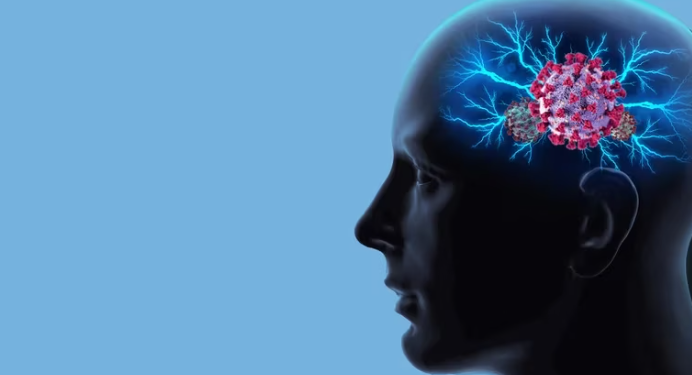Far from remaining isolated studies, research on the effects of the SARS-CoV-2 coronavirus. The body is accumulating and increasingly demonstrating its negative impact. Including the possible premature ageing of patients who have suffered severe and prolonged COVID.
More studies are accumulating and suggest that the coronavirus has demonstrate that it has. The capacity to cause accelerated ageing in people. The latest is an investigation by Spanish scientists involved in research that began at the start of the pandemic in March 2020.
Experts from the Severo Ochoa Molecular Biology Centre of the Spanish National Research Council (CSIC).
Can coronavirus cause accelerate ageing?
The Autonomous University of Madrid verified the involvement of cellular ageing in the effects of COVID-19. The relationship between the mortality and morbidity of the coronavirus and the inflammatory response and tissue degradation associated with ageing cells in the body.
The CSIC reported that the work published in the journal Aging Cell highlights the importance of looking. The impact of the pro-inflammatory environment create by these cells on the effects of the coronavirus.
Can coronavirus cause accelerate ageing?
When the global pandemic caused by the coronavirus began, the Carlos III Institute of Health granted a grant to 16 researchers from eight institutions to begin studying the relationship between the symptoms caused by the virus and senescent cells, also known as „zombie cells” because of their behaviour. Senescence is a state in which ageing cells lose the ability to divide and contribute to the functioning of the body, but they do not disappear, instead accumulating over the years in almost every organ, where they secrete inflammatory molecules and enzymes that degrade tissues.
„The most interesting thing is that these cells are metabolically hyperactive, which makes them harmful to the body by creating a chronic pro-inflammatory scenario in the tissues where they accumulate. The idea was to observe whether the virus, when it infects, amplifies the negative effects of senescent cells,” explained Cayetano von Kobbe, the researcher at the Centre for Molecular Biology who led the project.
Subsequent studies in mice susceptible to SARS-CoV-2 infection showed the role of senescent cells in creating an inflammatory environment that contributes to the development of COVID-19 symptoms. The researchers proved the importance of ageing cells in SARS-CoV-2-induced mortality and morbidity, which could be extrapolated to data derived from the COVID-19 pandemic.
„Tissue ageing is directly related to persistent COVID (also called post-covid syndrome), and although it does not have an immediate effect in adults, it does show a greater involvement in SARS-CoV-2 morbidity and mortality observed in older people,” the CSIC said.




